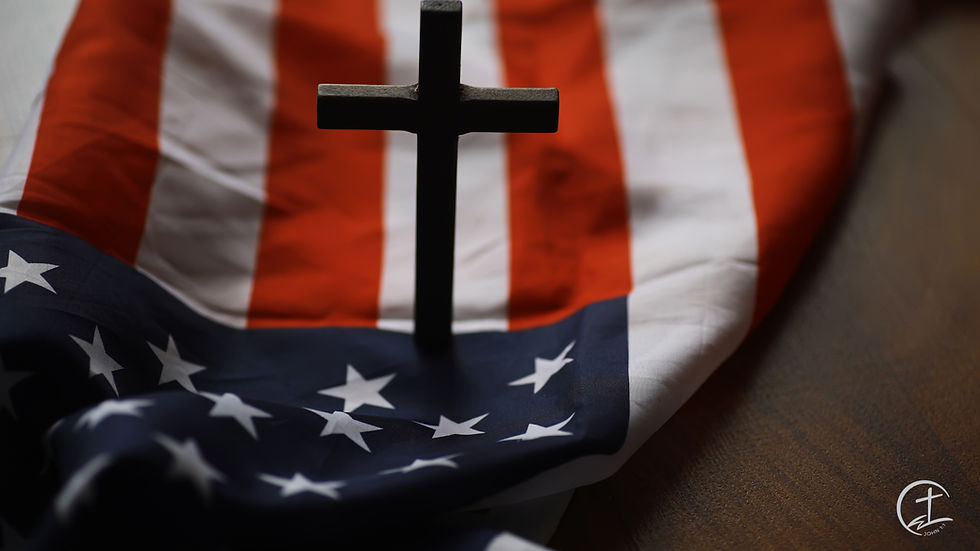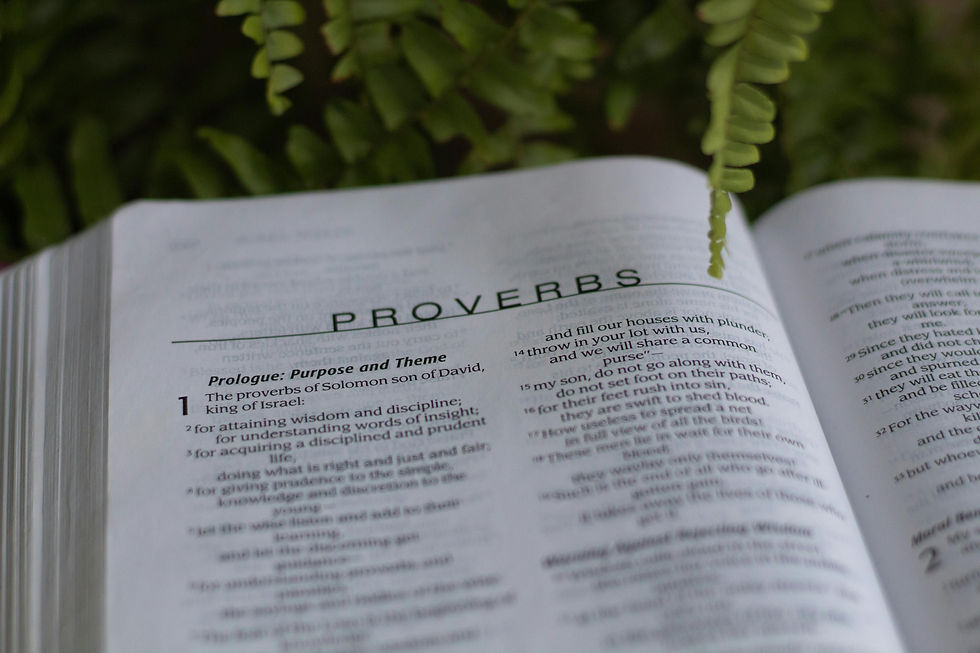Charles Haddon Spurgeon
- Mark Marley

- Jan 10, 2025
- 3 min read
Known as the Prince of Preachers, it may be said that Spurgeon was the greatest preacher
in the English language that the world has ever known. For years he pastored the Metropolitan
Tabernacle in London and preached to hundreds of thousands over his lifetime. Additionally, he was instrumental in developing untold pastors through his work through the Pastors College, which he founded in 1856. His legacy is one of the greatest of his era.

Charles Haddon Spurgeon
He was born on June 19, 1834, in Kelvedon, Essex, and spent his teenage childhood
years in Stambourne, Colchester, and Newmarket. Amazingly, this great hero of the faith had no formal theological education beyond what he received from Newmarket Academy. He was
largely self-taught and relied on the spiritual gifting he received at conversion. However, he was
well versed in Calvinistic, Puritan theology, Latin, and Victorian literature. His preaching career providentially began while still a teen. His preaching reputation spread prolifically, eventually landing him at New Park Street, London’s largest Baptist Church in 1853.
His career grew by leaps and bounds, even astonishing himself. The chapel at New Park
Street had to be expanded as crowds grew to overflow. He responded with humility which
seemed to serve him throughout his ministry since audiences grew exponentially with his
preaching and oratory. Some regarded him as the greatest orator since Whitefield, while others
criticized him as theatrical and awkward.
Spurgeon was proven to be no stranger to controversy. Examples of this were his stances on “Baptismal Regeneration” as well as his stern opposition to what would become referred to as “Down Grade” controversy. Regarding the former, Spurgeon clung to his credal Baptist roots by repudiating Anglican teachings on the sacramental power of infant baptism. 55 Over 350,000 copies of the transcript were distributed, and the resulting furor caused him to resign from two ecumenical associations. The latter would reveal a deep schism over Darwinian concepts which had invaded the Church. He preached strongly against the skepticism that served to deny the authority and inerrancy of the Bible. He would pay a heavy price for his position. The far- ranging criticism from his position resulted in his resignation from the Baptist Union. It broke his heart and further devastated his health. Charles Haddon Spurgeon died on January 31, 1892.
Spurgeon would likely be labeled as a “Reformed Baptist” by modern vernacular.
Soteriologically, he held firmly to the Doctrines of Grace and believed strongly in
credobaptism. His theology of preaching was similarly intense and uncompromising. He
believed that the pastor’s call was like none other. He declared, “The ministry is a high and honorable calling when a man is really fitted for it; but without the necessary qualifications it
must be little better than sheer slavery with a fine name to it.” This was reflected consistently in his sermons to students at the Pastor’s College. He admonished all under the Divine call to keep watch regarding their deportment and ministry.
Spurgeon was committed to expository teaching. “Homilies should flow out of texts,
should consist of a clear explanation, and an earnest enforcement of the truths which the texts
teach.” He saw it as the great need of the day. He held firmly to the non-negotiables of the
authority of Scripture and the necessity of the Spirit’s work in the preaching of the message. He
was fundamental and relevant, uncompromising and bold. He detailed his outlines with the
essential doctrine that served as the bedrock of his applications. He was a model to be followed.
In his famous sermon on “The Exodus” from 1855 he described the bondage of the
Hebrews under the oppression of Pharaoh. He used as his text Exodus 12: 41, “And it came to
pass at the end of the four hundred and thirty years, even the selfsame day it came to pass, that
all the hosts of the LORD went out from the land of Egypt.” He parlayed his initial historical
observations, into the slavery experienced prior to the redemption by Christ. He saw the
Egyptian captivity as a type of the Christian experience, from bondage to redemption. The
purchase price being the very blood of Christ. A masterful use of the Old Testament narrative as it relates to the New. Of which he became an expert.





Comments